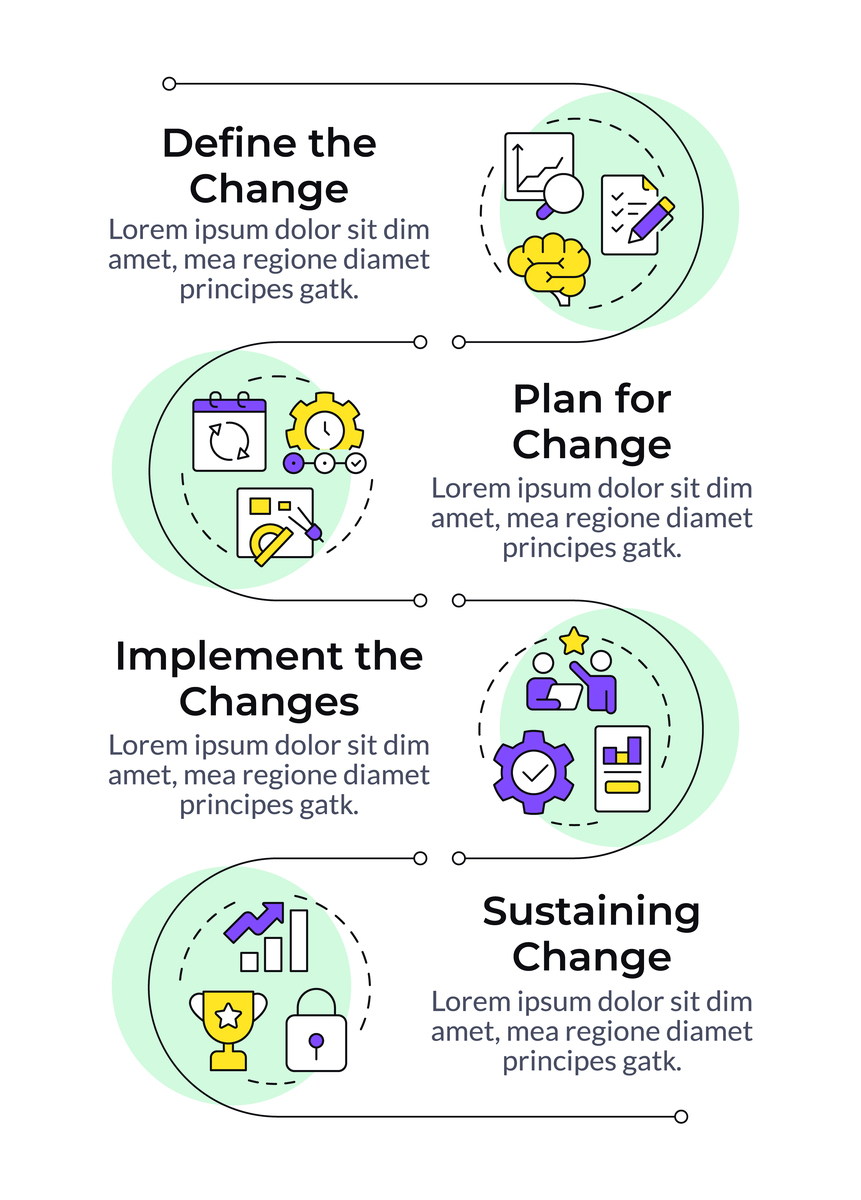Python for AI: A Beginner's Guide to Building Intelligent Applications
Python is a popular choice for AI development due to its simplicity, flexibility, and extensive libraries. Here's how to get started with AI using Python:
-
Learn Python Basics: Master the fundamentals of Python programming, including variables, data types, control flow, functions, and object-oriented programming. This foundation will empower you to write efficient AI code.
-
Understand AI Concepts: Gain a basic grasp of AI concepts like machine learning, deep learning, natural language processing (NLP), and computer vision. Explore algorithms, techniques, and their applications in solving real-world problems.
-
Choose an AI Library/Framework: Python offers a wide range of libraries and frameworks for AI development:
- NumPy: Essential for numerical operations and array manipulations.
- Pandas: For data manipulation and analysis.
- scikit-learn: A powerful library for machine learning tasks such as classification, regression, and clustering.
- TensorFlow or PyTorch: Deep learning frameworks used for building and training neural networks.
- Natural Language Toolkit (NLTK): A library for NLP tasks like text processing, tokenization, and sentiment analysis.
-
Practice with Datasets: Find and work with datasets relevant to your interests. Explore platforms like Kaggle, UCI Machine Learning Repository, or utilize web scraping techniques. Use Python to load, preprocess, and analyze the data.
-
Implement AI Models: Begin implementing AI models using your chosen library or framework. For machine learning, experiment with algorithms like linear regression, decision trees, random forests, or support vector machines. For deep learning, construct and train neural networks with various architectures.
-
Evaluate and Optimize: Evaluate your model's performance using appropriate metrics. Fine-tune hyperparameters and experiment with different techniques to optimize your models. Utilize cross-validation and parameter tuning to improve accuracy and generalization.
-
Stay Updated: The field of AI is constantly evolving. Stay informed with the latest advancements, research papers, and community discussions. Follow AI blogs, attend conferences, and participate in open-source projects to learn from experts and collaborate.
Remember, AI development is an iterative process that requires continuous learning, experimentation, and refinement. Python, with its rich ecosystem of AI tools and resources, provides a fantastic platform for building and deploying AI solutions.

原文地址: https://www.cveoy.top/t/topic/zE5 著作权归作者所有。请勿转载和采集!